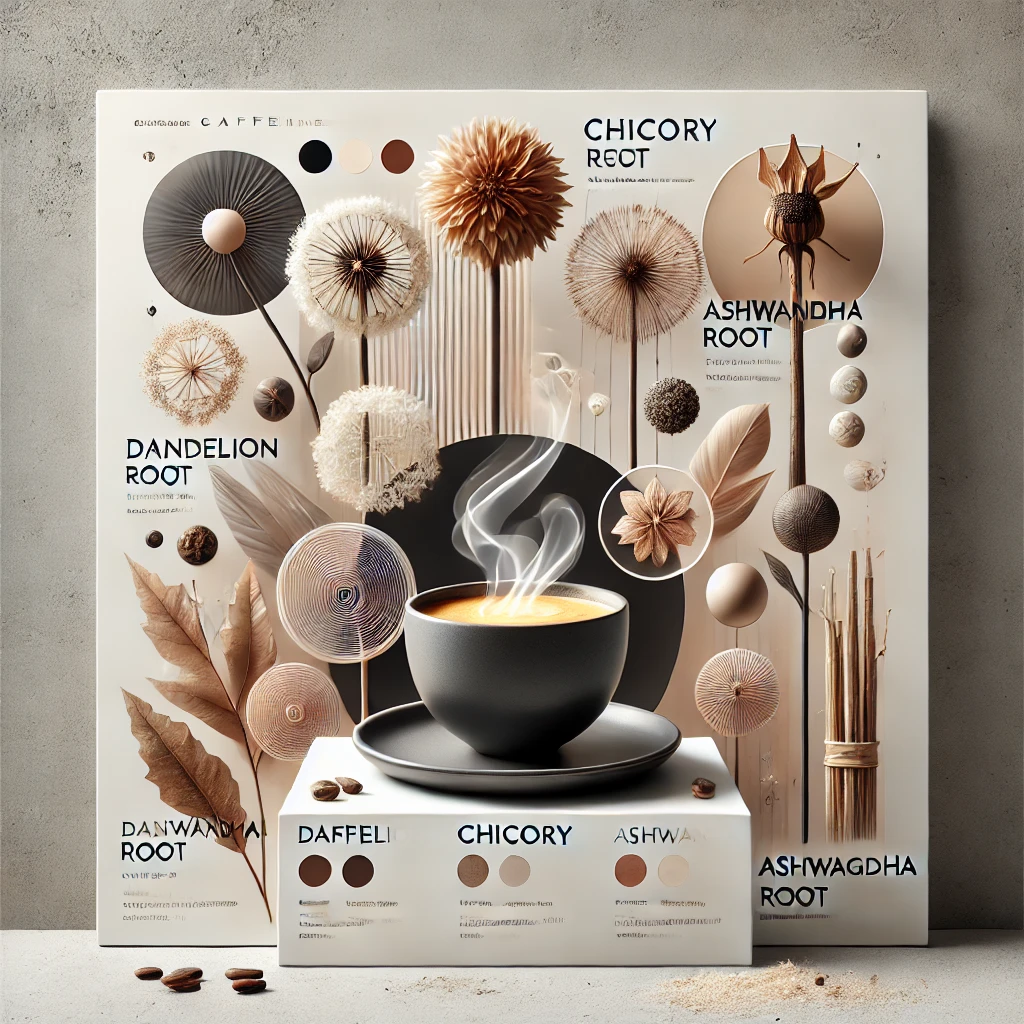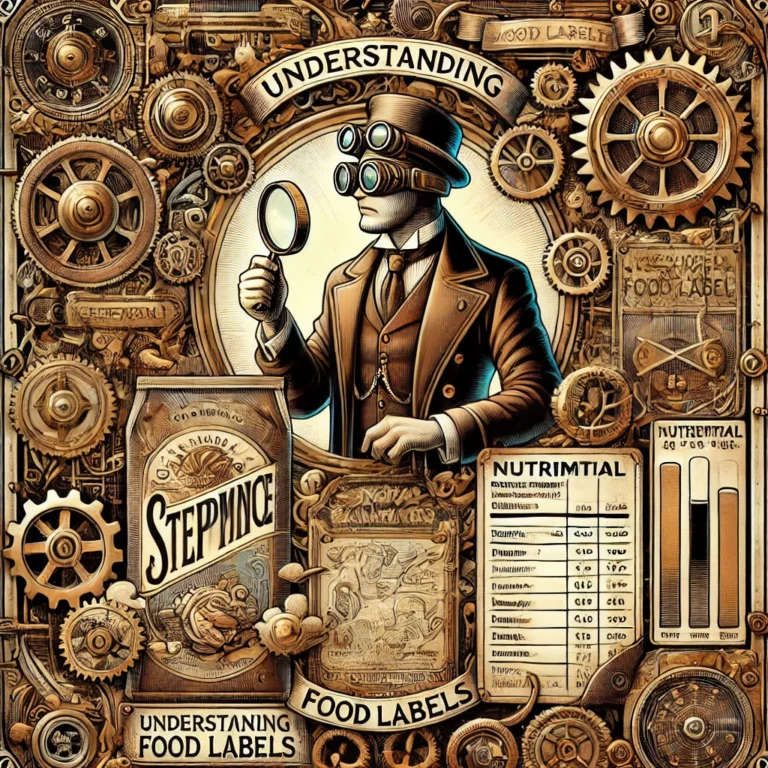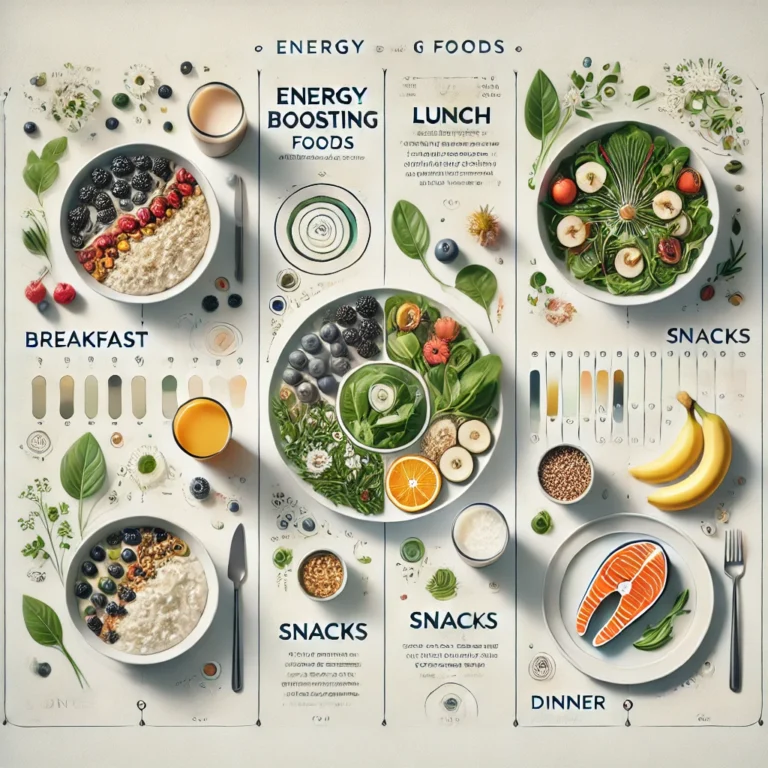*This post may contain affiliate links for which I earn commissions.*
For various reasons, choosing the best caffeine free coffee alternatives can be a game-changer for anyone looking to cut back on caffeine. Some people are sensitive to caffeine’s effects, experiencing jitters, anxiety, or sleep disruptions. Others may need to reduce their intake for health reasons, such as managing blood pressure or heart conditions. Situations vary, but the underlying goal remains the same: to find that perfect beverage that blends taste and health benefits without the caffeine jitters. Finding the right caffeine-free coffee alternative ultimately involves aligning your choice with your lifestyle and health needs. Whether it’s a matter of taste, health, or simply the desire to try something new, a wide world of options is waiting to be explored. Taking the first step to reduce caffeine intake can lead to better health outcomes and a more diverse and enjoyable beverage experience.
Caffeine Free Options To Coffee
When considering caffeine-free options, it’s essential to understand the broad range of choices available. Each offers unique flavors and health benefits, from herbal teas to decaffeinated coffee, chicory root, dandelion root, grain-based options, and adaptogenic blends. Understanding these alternatives can help you make an informed decision that aligns with your taste preferences and health goals.
Switching to caffeine-free options doesn’t mean sacrificing flavor or the ritual of enjoying a warm beverage. Many caffeine-free alternatives provide rich, satisfying tastes that are comparable to traditional coffee. Some can even offer new and exciting flavors that enhance your daily routine and bring additional health benefits.
Starting with caffeine-free alternatives means exploring both familiar and new territory. Decaf coffee might be your first thought, but more exotic options like chicory coffee or dandelion root coffee have been cherished in various cultures for centuries. Experimenting with different options can make the transition enjoyable and rewarding, uncovering new favorites along the way.

Herbal Teas: A World Beyond Coffee
Herbal teas offer a rich and varied world of flavors and health benefits that can be a worthy alternative to coffee. Chamomile, peppermint, and rooibos are some of the most popular herbal teas, each bringing unique qualities to the table.
Chamomile tea is renowned for its calming effects, making it an excellent evening beverage. Its gentle, floral notes can help soothe the nerves and prepare the body for a restful night’s sleep. It’s also been known to aid digestion and relieve stomach discomfort.
Peppermint tea, with its refreshing and invigorating taste, can provide a wonderful pick-me-up without the need for caffeine. It’s great for aiding digestion and reducing bloating. Many people find it helps clear the mind, making it a good option for a midday refresh.
Rooibos, or red tea, is packed with antioxidants and has a naturally sweet, earthy flavor. It’s known for its anti-inflammatory properties and can support heart health. Rooibos can be enjoyed both hot and cold, making it versatile for any season.
Brewing herbal tea is straightforward, but the key is to follow the recommended steeping times to extract the best flavors and benefits. Most herbal teas require longer steeping, around 5-10 minutes, compared to traditional teas. Always cover your cup while steeping to keep the essential oils from evaporating. Using fresh, high-quality loose leaves or tea bags can enhance the experience even more.
For those new to herbal teas, trying different varieties can be an exciting journey. Mixing blends or adding natural sweeteners like honey can create a personalized flavor profile that suits your taste. Herbal teas not only offer a caffeine-free alternative but also contribute to overall well-being with their soothing and healing properties.
I’d rather take coffee than compliments just now.
Louisa May Alcott
Decaffeinated Coffee: A Close Cousin
Decaffeinated coffee, or decaf, is the go-to choice for many who want to enjoy the rich taste of coffee without the caffeine. The process of making decaf involves removing most of the caffeine from the coffee beans. This usually happens through methods like the Swiss Water Process, carbon dioxide, or solvent-based extraction. Each technique aims to preserve the coffee’s flavor profile while reducing caffeine content to a minimum.
One key benefit of decaffeinated coffee is that it allows individuals to continue enjoying their coffee rituals without the side effects. For those sensitive to caffeine or individuals who need to cut back for health reasons, decaf can be a great compromise. However, it’s worth noting that decaffeinated coffee is not entirely caffeine-free. It usually contains about 2-5 milligrams per cup, but that’s significantly less than the 95 milligrams found in a regular cup of coffee.
The taste of decaf coffee has improved remarkably over the years. Advances in decaffeination methods have made it possible to retain much of the bean’s original flavor, which means that modern decaf can be just as flavorful as its caffeinated counterparts. Some popular decaf brands, like Peet’s Decaf Major Dickason’s Blend and Starbucks Decaf House Blend, have received positive reviews for their rich, satisfying flavors.
Despite its advantages, there are a few drawbacks to decaffeinated coffee. Some people find it slightly less robust in taste compared to regular coffee. Additionally, decaffeination can sometimes diminish the levels of certain beneficial antioxidants in coffee. However, for many coffee lovers, these are minor trade-offs for the reduced caffeine intake.
Finding good decaf coffee is easier than ever. Most coffee shops offer at least one decaf option, and many supermarkets carry a variety of decaf beans and grounds. For the best experience, consider buying whole beans and grinding them fresh at home. This ensures maximum flavor and freshness.
Decaffeinated coffee can be an excellent option for maintaining the beloved coffee tradition without the caffeine. Whether it’s a morning ritual or an afternoon treat, decaf offers a way to enjoy coffee’s rich flavors while supporting your health goals.
Chicory Coffee: An Ancient Substitute

Chicory coffee has been a staple in various cultures for centuries, particularly in regions like Louisiana and parts of Europe. Made from the roasted roots of the chicory plant, this coffee alternative offers a unique, slightly nutty and woody flavor that sets it apart from regular coffee.
One of the biggest draws of chicory coffee is its health benefits. Chicory root is rich in inulin, a type of prebiotic fiber that supports gut health and aids in digestion. Inulin can help balance blood sugar levels, making chicory coffee a good choice for those with diabetes or those trying to manage their sugar intake.
Chicory coffee is also caffeine-free, which makes it a suitable choice for those looking to reduce caffeine consumption. However, it’s often blended with regular coffee to create a mix, allowing for some flexibility depending on your caffeine tolerance and flavor preference.
Preparing chicory coffee is quite simple. It can be found pre-ground in many grocery stores or online. Just use it as you would regular coffee grounds, adjusting the amount based on your taste preference. Boiling the chicory root grounds for a few minutes can also bring out a richer flavor. Mixing it with milk or a non-dairy alternative can create a smooth, creamy beverage.
For those interested in trying chicory coffee, brands like French Market Coffee and Café du Monde offer popular options that come highly recommended. These blends are known for their quality and robust flavor, often becoming fast favorites among new chicory coffee drinkers.
Exploring chicory coffee can be a fun and rewarding experience, especially for those looking to cut down on caffeine while still enjoying a rich, flavorful drink. With its health benefits and distinct taste, chicory coffee stands out as a fantastic coffee alternative.
Dandelion Root Coffee: A Nutrient-Packed Option
Dandelion root coffee is gaining popularity as a caffeine-free alternative, and for good reason. Made from roasted dandelion roots, this beverage offers a surprisingly rich, coffee-like flavor that’s both earthy and slightly bitter.
One of the standout features of dandelion root coffee is its impressive nutritional profile. It’s packed with vitamins A, C, and K, as well as minerals like iron, calcium, and potassium. This abundance of nutrients makes it a great choice for boosting your overall health.
In addition to its nutritional benefits, dandelion root coffee is known for its detoxifying properties. It’s a natural diuretic, which can help the body eliminate toxins more efficiently. This can be particularly beneficial for liver health and digestion. Some studies even suggest that dandelion root may support weight loss due to its ability to improve metabolism and reduce water weight.
Making dandelion root coffee is straightforward. You can find pre-ground dandelion root at health food stores or online. To brew, use about one tablespoon of ground dandelion root for every cup of water. Simmer the mixture for around 10-15 minutes, then strain and enjoy. Adding a splash of milk or a natural sweetener might help balance the bitter notes if that’s more to your taste.
While dandelion root coffee is generally safe for most people, it’s always a good idea to consult with a healthcare provider if you have any existing health conditions, especially related to the liver or kidneys. Dandelion root can interact with certain medications, so it’s best to check if it’s suitable for you.
Brands like Teeccino and Dandy Blend offer excellent ready-to-brew options for those who want to give dandelion root coffee a try. These brands are known for their quality and consistency, making it easier to incorporate this nutritious beverage into your daily routine.
Dandelion root coffee offers not just a great flavor but a host of potential health benefits that make it a worthy addition to your caffeine-free beverage lineup.
Grain-based Coffee Alternatives: Barley, Rye, and More
Grain-based coffee alternatives offer unique flavors and nutritional benefits, making them excellent choices for those seeking caffeine-free options. Drinks made from barley, rye, and other grains provide a rich, earthy taste that’s comforting and satisfying.
Barley coffee is one of the most popular grain-based alternatives. It is made from roasted barley, resulting in a slightly sweet, nutty flavor that’s quite enjoyable. Barley is also a good source of dietary fiber and can help improve digestion. It’s naturally caffeine-free, making it a great evening beverage. Additionally, barley coffee is known for its antioxidant properties, which can support overall health.
Rye coffee is another fantastic grain-based option. With its robust, slightly bitter taste, it offers a flavor profile similar to that of traditional coffee. Rye is high in soluble fiber, which can aid in lowering cholesterol levels. It’s also packed with minerals such as manganese and selenium, beneficial for maintaining healthy body functions.
There are also other lesser-known grains that can be used to make coffee alternatives. Spelt and rice are two examples. Spelt coffee has a smooth, mild flavor with a hint of sweetness, while rice coffee offers a light, clean taste. Both are naturally caffeine-free and offer various health benefits, including being easy on digestion and providing essential nutrients.
Preparing grain-based coffee alternatives can be simple. Most can be brewed like traditional coffee grounds. For a cup of barley or rye coffee, use about one tablespoon of ground grains per cup of water. Bring the mixture to a boil, then let it simmer for about 10 minutes before straining. The resulting beverage can be enjoyed on its own or enhanced with milk and sweeteners, if preferred.
For those eager to explore grain-based alternatives, brands like Barley Cup and Kaffree Roma offer ready-to-use options that make the transition easier. These brands are well-regarded for their quality and taste, often becoming quick favorites among those looking for new coffee alternatives.
Grain-based coffee alternatives not only offer unique and rich flavors but also provide a variety of health benefits. They make excellent additions to one’s diet, especially for anyone looking to reduce caffeine intake while still enjoying a satisfying beverage.
Adaptogenic Coffee Alternatives: Boosting Wellness
Adaptogenic coffee alternatives are becoming increasingly popular among health-conscious individuals. These beverages incorporate adaptogenic herbs and mushrooms, which can help the body adapt to stress and promote overall well-being.
Adaptogens like ashwagandha, maca, and reishi are often blended into coffee alternatives to enhance their health benefits. Ashwagandha is known for its stress-reducing properties and can help improve mental clarity and focus. Maca root is an excellent option for boosting energy and endurance without the jitters associated with caffeine. Reishi mushrooms, on the other hand, can support immune function and contribute to a sense of calm.
These adaptogenic blends aim to offer a multi-faceted approach to wellness. They don’t just provide a caffeine-free energy boost; they also support mental health and physical resilience. It’s a holistic way to enjoy a warm, comforting beverage while giving your body some extra support.
Preparing adaptogenic coffee alternatives is straightforward and similar to brewing traditional coffee. Most of these blends come in powdered form. Simply mix a teaspoon of the powder with hot water, and you’re ready to go. Some people like to add milk or a milk alternative to create a creamy texture, enhancing the overall experience.
When looking for quality adaptogenic coffee alternatives, brands like Four Sigmatic and Rasa are highly recommended. These brands focus on sourcing high-quality, organic ingredients and create blends specifically designed to support different aspects of health, such as energy, relaxation, and mental clarity.
Incorporating adaptogenic coffee alternatives into your daily routine can be highly beneficial. They offer a way to enjoy a rich, satisfying beverage while also contributing to your overall wellness. These drinks can be a great addition to your morning or afternoon routine, providing sustained energy and mental focus without the crash.
Cacao Drinks: Embracing the Power of Chocolate
Cacao drinks serve as a delectable and nutritious substitute for coffee, offering a rich chocolatey flavor that’s both comforting and indulgent. Unlike cocoa, which is processed at high temperatures and often contains added sugars, cacao is raw and retains more of its natural nutrients. This makes cacao drinks a healthier option while still satisfying that chocolate craving.
One of the standout benefits of cacao is its high antioxidant content. Antioxidants help combat free radicals in the body, reducing oxidative stress and contributing to overall health. In addition, cacao is a great source of magnesium, which supports muscle and nerve function, enhances mood, and promotes heart health. It’s also known to boost the production of serotonin and endorphins, natural feel-good chemicals in the brain.
Making a cacao drink is quite simple and can be personalized to suit your taste. Start with raw cacao powder and mix it with hot water or milk. For a creamier texture, using a milk alternative like almond or oat milk can be delightful. Adding a natural sweetener such as honey or maple syrup can balance out the bitterness of raw cacao. You can even sprinkle in a bit of cinnamon or vanilla extract for extra flavor.
Cacao drinks can be enjoyed hot or cold, making them a versatile choice for any season. A hot cacao drink can be a comforting evening treat, while a cold cacao smoothie might be perfect for a hot summer’s day. The key is to experiment with different preparations until you find what works best for you.
For those interested in convenience, there are several brands that offer ready-made cacao drink mixes. Products from brands like Navitas Organics and Anima Mundi are well-regarded for their quality and flavor. These mixes often include other beneficial ingredients like adaptogens and spices, making it easy to prepare a nutritious and flavorful drink.
Exploring cacao drinks can add both variety and nutritional benefits to your beverage lineup. Whether you’re looking for a caffeine-free option to start your day or a relaxing drink to wind down in the evening, cacao offers a rich, satisfying alternative that’s good for both the body and the soul.
Crafting Your Perfect Caffeine-Free Coffee Routine
Creating a caffeine-free coffee routine doesn’t have to be daunting. The key is to explore various alternatives and find a combination that suits your tastes and lifestyle. Mixing and matching different options can make the transition seamless and enjoyable.
Start by identifying which caffeine-free alternatives appeal to you the most. Maybe you enjoy the robust taste of decaf coffee in the morning, but prefer the soothing qualities of chamomile tea in the evening. Chicory coffee or dandelion root coffee could be your afternoon pick-me-up, offering rich flavors without the caffeine.
Another fun approach is to rotate different beverages throughout the week. This not only prevents taste fatigue but also allows you to benefit from the unique health properties each alternative offers. For example, you might start with a cacao drink on Monday for an antioxidant boost, enjoy an adaptogenic coffee on Tuesday for stress resilience, and opt for a grain-based coffee on Wednesday for digestive health.
Personalizing your routine can also involve blending different drinks. Combining chicory with dandelion root coffee or adding a splash of herbal tea to your cacao drink can create exciting new flavors and maximize the health benefits.
When transitioning away from traditional caffeinated coffee, it’s important to consider the timing and setting of your new routine. Maintaining familiar rituals, like enjoying a warm beverage in the morning or during an afternoon break, can make the change feel more natural. This continuity helps ease the switch and keeps your daily schedule intact.
Preparing your beverages in advance can also streamline your routine. Having pre-ground chicory or dandelion root ready to brew, or keeping a stock of your favorite herbal teas, ensures that your caffeine-free choice is always at your fingertips.
The ultimate goal is to create a varied and enjoyable caffeine-free routine that aligns with your personal health objectives. With so many delicious and beneficial alternatives, it’s possible to maintain the comforting ritual of coffee drinking while enhancing your overall well-being.






